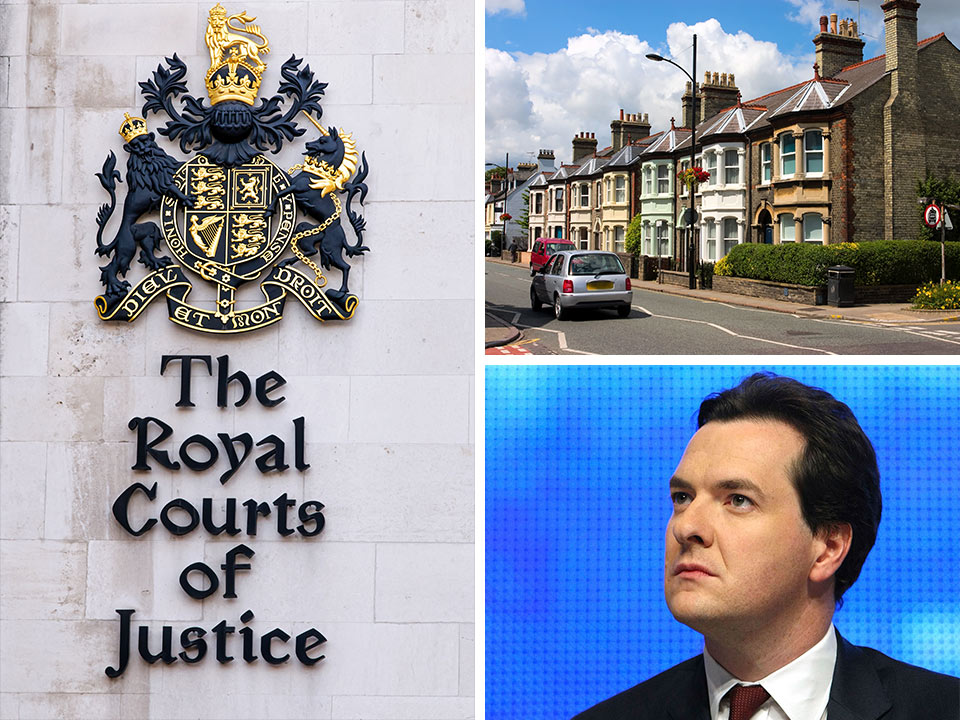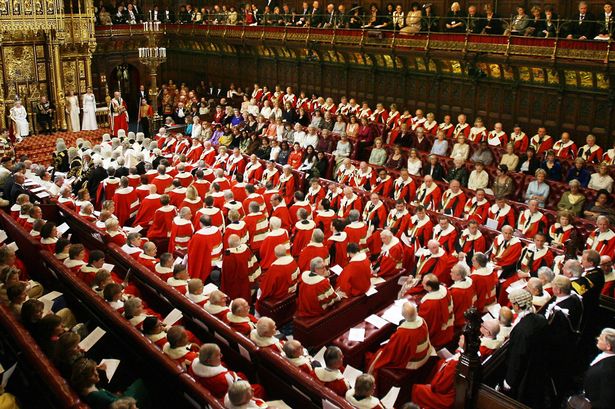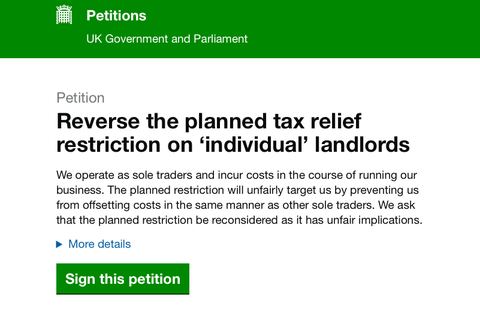
Former Prime Minister Tony Blair has set up a company to manage his £33 million property empire, joining a growing number of landlords who are opting for incorporation to beat tax rises on buy-to-let operations.
Blair, along with wife Cherie and eldest son Euan, are believed to own a total of 38 properties. The families’ property portfolio includes flats in north-west England which Mrs Blair and their son let out via an existing company, Oldbury Residential Ltd, which holds investments worth £2.4m in the year ending April 2016.
The family has reportedly banked at least £1.7m in profits from buying and selling nine properties, and they also have an extensive portfolio of private homes, including a £9m five-storey Georgian townhouse which they purchased in 2004 and a £10m Grade I-listed Buckinghamshire manor house.
Now Mr and Mrs Blair have set up another company, Harcourt Ventures Ltd, to let and manage properties, with Tony Blair owning half of the shares and his wife named as the sole director.
Landlords incorporating to reduce tax liabilities
Setting up a limited company is one of several ways in which private landlords have responded to recent tax changes within the private rented sector. These changes include increases in stamp duty and cuts to mortgage tax relief introduced in April which no longer allow landlords to offset mortgage interest from their rental income.
The reduction of Mortgage Interest Relief, first proposed by former Chancellor George Osborne in the 2015 Summer Budget, eliminated landlords operating as sole traders from deducting mortgage interest payments from their rental income to reduce their tax liabilities.
Cherie Blair Law Firm Hired By Landlord Group
Landlord groups have fought several failed campaigns against the tax changes via petitions and talking their case to the High Court hiring Cherie Blair’s law firm, Omnia strategy, to argue that the tax changes breach landlord’s human rights.
Speaking after the landlords lost a high court review in October last year Mrs Blair said: “We know the case has been supported and followed with interest by a large number of individual landlords. Many of these landlords now face challenging times ahead.
“From the outset, the legal process was just one aspect of our clients’ fight against this unfair measure. Together with their impressive and growing coalition, they will continue to engage with the government, and the legal team wishes them every success.”
Landlord Fight-back
Buy-to-let landlords are now incorporating their lettings operations as limited companies to avoid the tax changes and to secure additional finances to buy more properties according to industry statistics.
The proportion of homes available for rent in the UK, owned by a company landlord, reached 20 per cent in the first quarter of 2017 – the highest number since records began in 2010.
Landlords incorporating their businesses to avoid the tax changes would have to pay stamp duty land tax on the transaction, which now stands at 3 per cent. Capital gains charged on the transfer to the company may be deferred until it is sold again and profits are taxed at 20 per cent, though this is set to reduce to 18 per cent by 2020.
The deferment of capital gains tax is called incorporation relief, but in order to qualify landlords must demonstrate that the property is part of an actual business rather than just a passive investment. Some landlords are now claiming to provide additional services such as cleaning or gardening in order to lower their tax liability.
Incorporated landlords can claim £5,000 per year as a tax-free dividend but any income over this amount will be charged at 7.5 per cent for basic-rate taxpayers, 32.5 per cent for higher-rate payers and 38.1 per cent for additional-rate payers.
However, most financial experts advise that the statutory obligations and costs involved in running a company outweigh any tax savings for most landlords unless they have a sizeable property portfolio.
The Renters Alliance helps renters with bad landlords and letting agents. If you have a story you would like to share, please contact the National Renters Alliance through our website or email us at contact@nralliance.co.uk






